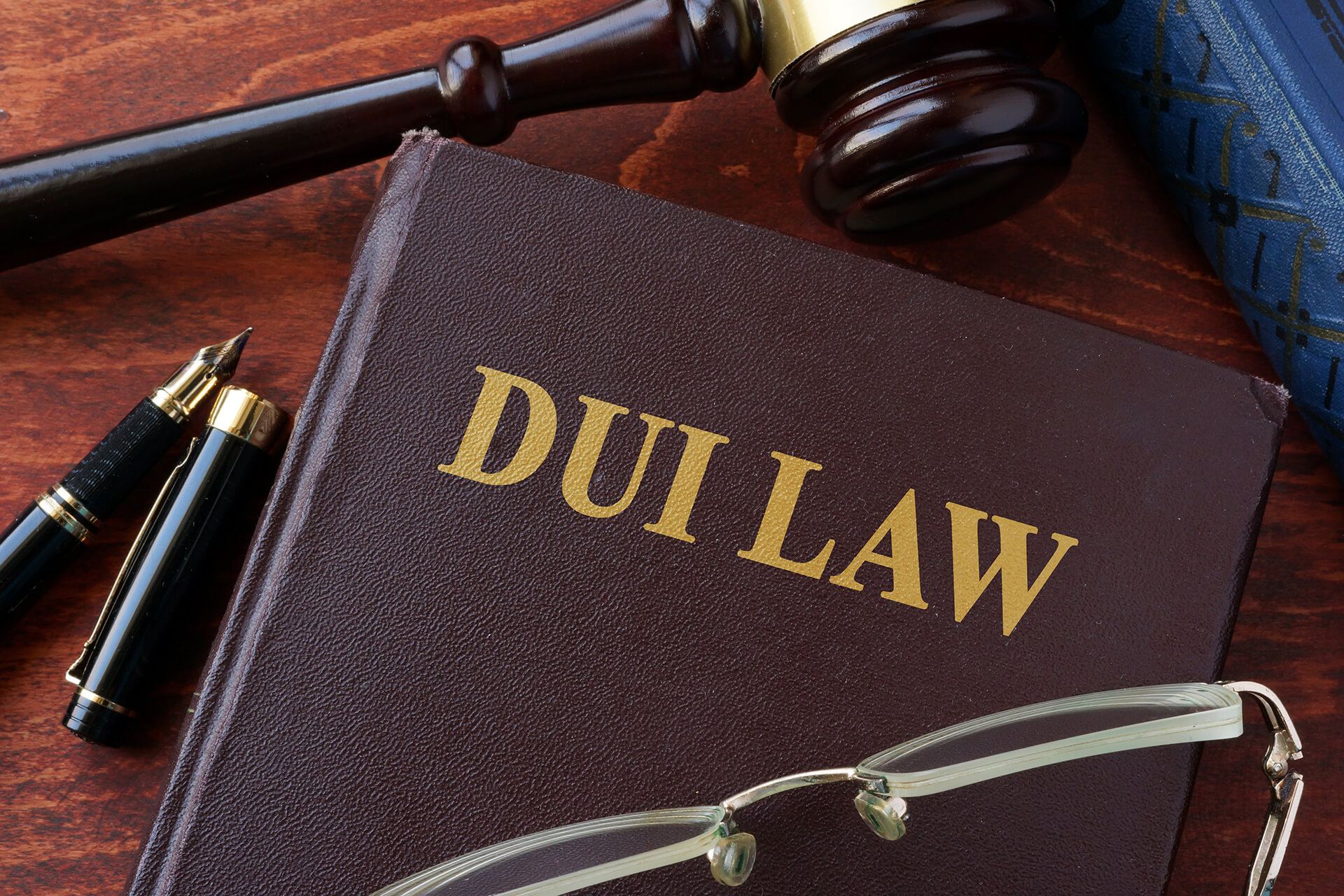
The U.S. Supreme Court case of Birchfield v. North Dakota determined whether a warrant was needed to draw blood in a DUI case. In this case, the Court found that officers do need to obtain a search warrant before subjecting a suspect to a blood test. The Court also added that states cannot criminalize refusing a blood test if no warrant has been obtained. Although Birchfield deals with a DUI case, it created questions about other police investigations where blood testing is sought.
Constitutional Protections
Every citizen has the right to be free from unreasonable searches and seizures. This is dictated by the Fourth Amendment of the constitution. In order for police to make a search reasonable, they will usually need a valid warrant. However, there are some exceptions to the rule, such as when consent is obtained. Otherwise, each person maintains a reasonable expectation of privacy regarding their person and their home. When police violate the Fourth Amendment, any evidence obtained can be excluded from the prosecution.
House Bill 43
Utah is addressing the blood draw issue in House Bill 43. The bill was signed into law by the governor in March of this year. The new law seeks to clarify when it is legal for police to use blood testing in a criminal investigation. It sets out three scenarios when a blood draw will be legal. First, blood testing is allowed when the individual (or an agent) gives consent to the procedure. Second, when a suspect does not consent to a blood draw, police must obtain a search warrant based on probable cause. Third, police can perform a blood draw if there is an exception to the warrant requirement.
Explaining Warrant Exceptions
While it may be comforting to know that law enforcement cannot draw your blood without a warrant, you need to be knowledgeable about the exceptions to the rule. Case law has recognized several different situations where a search warrant is not required based on the circumstances. These include:
- Search incident to arrest
- Plain view
- Stop and Frisk
- Automobile exception
- Emergency situations
- Consent
If police can show that any one of the above situations apply, they may be able to do a blood draw without a warrant, and without your consent.
More on HB 43
There is no question that Utah is bound by the decision in Birchfield. However, that decision is applicable to DUI cases. Utah's enactment of HB 43 seeks to establish a general rule for all criminal investigations. In fact, the bill arose after a widely publicized event where police attempted to draw blood from a car accident victim. A hospital employee refused to allow police to access the victim, and it spurred conflict between the two parties. HB 43 now provides guidance on how to handle these situations. In the end, it should make the criminal justice process more clear and efficient.
If you need help with a criminal law issue, contact the Law Office of TR Spencer.